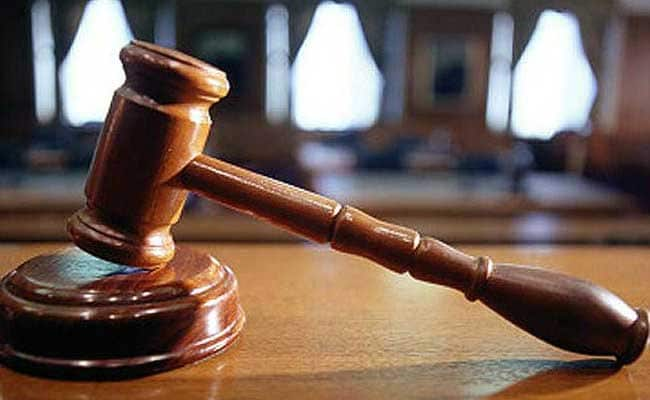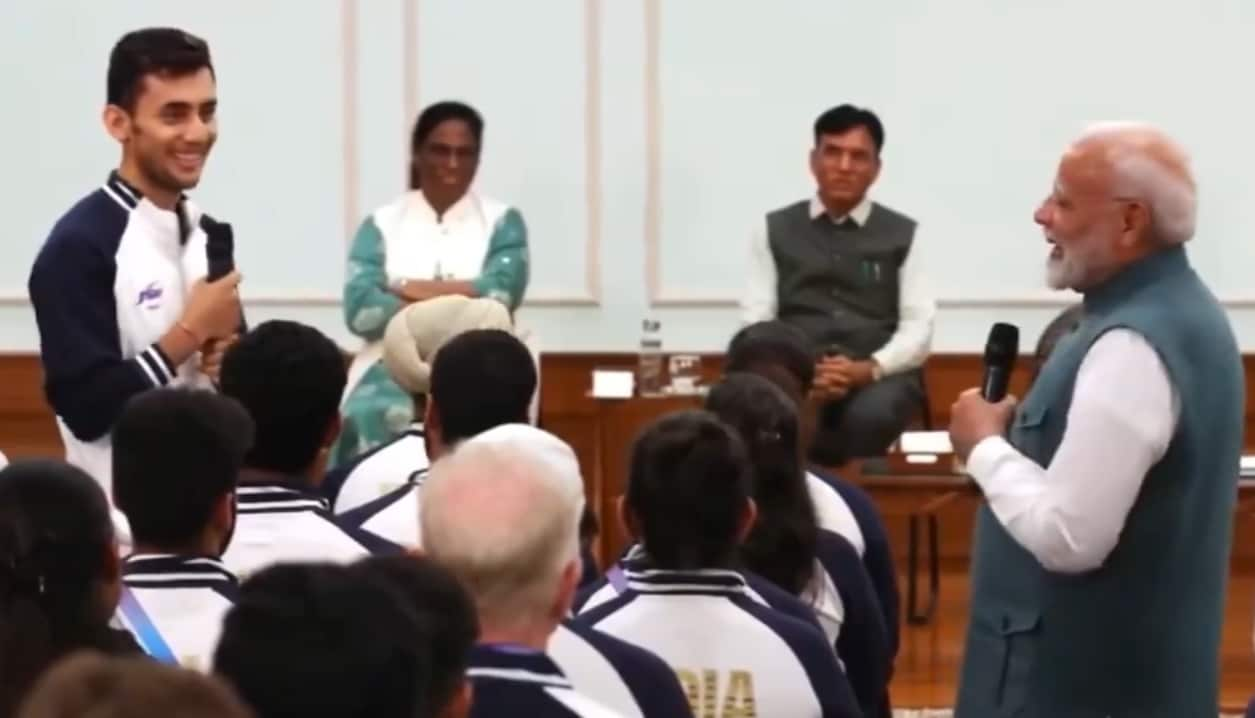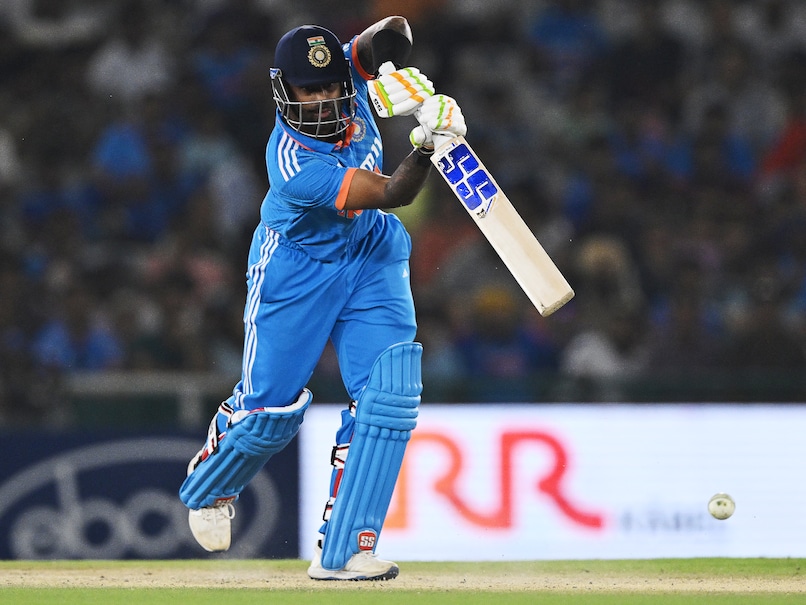The 2024 Paralympics were opened in Paris on Thursday (IST) by French President Emmanuel Macron, firing the starting gun on 11 days of competition in a city still riding the wave of the successful Olympics. Macron declared the Games open during an exuberant and colourful opening ceremony in a balmy Place de la Concorde in central Paris — the first time a Paralympic opening ceremony has taken place away from the main stadium.
The 4,400 athletes from 168 delegations paraded into the arena as the sun set with host nation France entering last to a standing ovation and chanting from 30,000 spectators packed into the stands around the square.
The fine weather was in sharp contrast to the heavy rain which fell throughout the Olympics opening ceremony on July 26.
In one of the highlights, French singer Lucky Love, who is missing his left arm below the elbow, performed a moving rendition of his song “My Ability” surrounded by both able-bodied and disabled dancers.
International Paralympic Committee (IPC) president Andrew Parsons then told the athletes and spectators he hoped for an “inclusion revolution”, before Macron officially declared the Games open.
The ceremony will culminate with the lighting of the cauldron in the Tuileries Gardens, which has become a huge attraction since its debut at the Olympics.
A total of 18 of the 35 Olympic venues will be used for the Paralympics, which run until September 8, including the ornate Grand Palais and the Stade de France.
Ticket sales have picked up since the Olympics and organisers say more than two million of the 2.5 million available have been sold, with several venues sold out.
Theatre director Thomas Jolly, who also oversaw the Olympics opening ceremony, said there was a clear symbolism in holding the Paralympics ceremony in the centre of the French capital — a city whose Metro system, in particular, is completely unadapted to the needs of wheelchair users.
“Putting Paralympic athletes in the heart of the city is already a political marker in the sense that the city is not sufficiently adapted to every handicapped person,” Jolly said this week.
Organisers say wheelchair users can take Paris buses and they have laid on 1,000 specially adapted taxis as well.
A nation expects
Riding the wave of its Olympic team’s success, host nation France is aiming for a substantial improvement on the 11 golds it won in 2021, which left it 14th in the medals table.
Paralympic powerhouse China dominated the last Paralympics in Tokyo with 96 golds and has again sent a strong delegation.
Ukraine, traditionally one of the top medal-winning nations at the Paralympics, has sent a team of 140 athletes to compete in 17 sports despite the challenges they face in preparing as the war against Russian forces rages at home.
A total of 96 athletes from Russia and Belarus will compete under a neutral banner but are barred from the opening and closing ceremonies because of the invasion of Ukraine.
Every Games produces new stars, and in this edition look to American above-the-knee amputee sprinter/high jumper Ezra Frech to make the headlines.
Away from the track, more established names go in search of glory.
Iranian sitting volleyball legend Morteza Mehrzad, who stands 8ft 1in (2.46m) tall, will attempt to take gold again and Beatrice ‘Bebe’ Vio, the Italian fencer who had to have all four limbs amputated when she contracted meningitis at the age of 11, is aiming for the third Paralympic title of her career.
The Paralympics always have a far wider message than simply sport and Parsons told AFP earlier this year he hopes the Paris edition will restore the issues facing disabled people to the top of the list of global priorities.
The Brazilian believes the Games “will have a big impact in how people with disability are perceived around the world”.
“This is one of the key expectations we have around Paris 2024; we believe that we need people with disability to be put back on the global agenda,” Parsons said.
“We do believe people with disability have been left behind. There is very little debate about persons with disability.”
Topics mentioned in this article

















